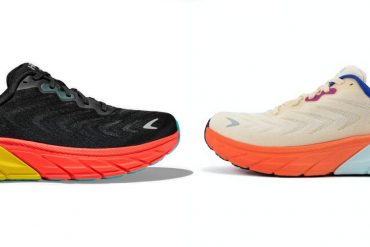
Many skiers love to listen to music while skiing, as it can enhance your mood, motivation, and performance. However, not all headphones are suitable for skiing, and there are multiple factors to consider, such as comfort, fit, sound quality, durability, and compatibility with your ski gear.
The following are our recommendations for the best headphones for skiing to suit your preferences and needs. We compare the different types of head and earphones (wireless vs. wired, in-ear vs. over-ear) and highlight their features and functions to give you our favorite for each category.
Best Ski Headphones Summary
Best wireless in-ear – JBL Tune 125TWS
Best wireless over-ear – Giro Outdoortech X
Best wired in-ear – Samsung Active InEar
Best wired over-ear – Unigear Bombing Helmet Speakers
Headphones for Skiing Reviews
Best Wireless in-ear – JBL Tune 125TWS
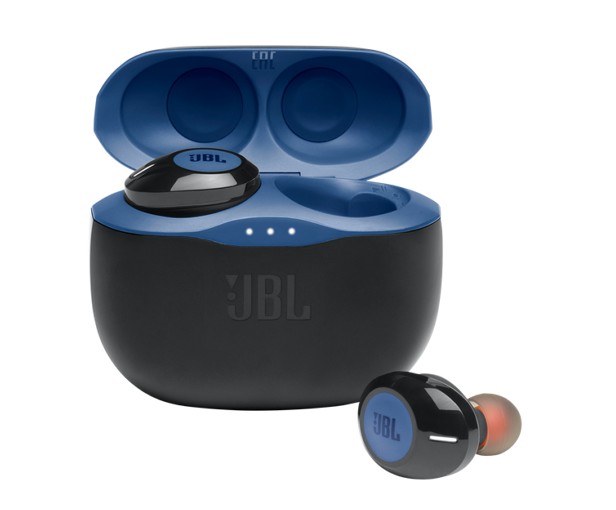
Pros:
- Pure Bass Sound enhances the skiing experience with vibrant audio.
- Secure and comfortable fit under helmets, suitable for all-day wear.
- Impressive battery life with quick charging capabilities.
Passive noise isolation allows for environmental awareness.
Cons:
- Lacks active noise cancellation.
- May be less durable in extremely cold conditions.
Compare prices on the JBL Tune 125TWS
The JBL Tune 125TWS is our stand-out best pick for wireless in-ear earphones for skiing, thanks to its remarkable blend of sound quality, comfort, and battery life. Engineered with JBL’s Pure Bass Sound, they deliver a punchy, energetic audio experience with thumping bass lines and crystal-clear highs. The ergonomic design ensures a snug and comfortable fit, making them suitable for long listening sessions without fatigue. With a battery life of 8 hours that extends up to 32 hours with the charging case, the JBL Tune 125TWS is a reliable companion for day-to-day use. Our biggest criticism of the JBL Tune 125TWS is its lack of water resistance, so if you plan on skiing in rougher conditions, you might want to consider another option.
Best Wireless over-ear – Giro Outdoortech X
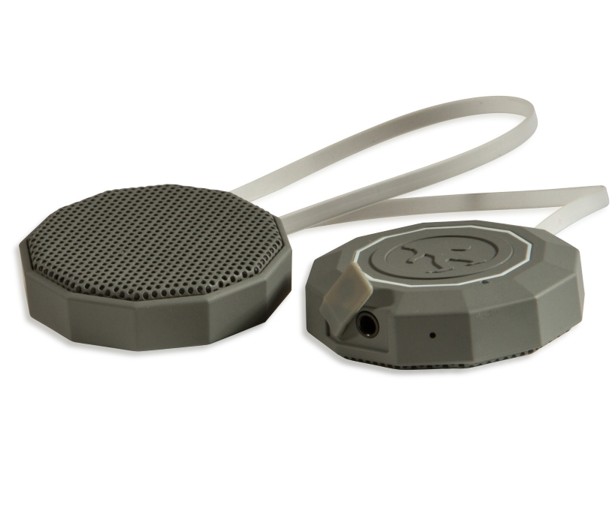
Pros:
- Durable and water-resistant, ideal for skiing conditions.
- Immersive sound quality with effective noise isolation.
- Comfortable for extended wear, even under ski helmets.
- Long battery life suitable for extended days on the slopes.
Cons:
- Bulkier than in-ear options, which may affect helmet fit for some.
- Higher price point than some competitors.
Compare prices on the Giro Outdoortech X
Giro has designed the Outdoortech X wireless over-ear headphones to withstand the elements, offering superb durability and water resistance, making them ideal for all skiing conditions. The sound quality is immersive, with balanced audio reproduction that respects both the lows and the highs, ensuring a rich listening experience. The Giro Outdoortech X also boasts an impressive battery life of 10 hours on a full charge, covering even the longest of ski days.
One of the standout features is their comfort; the ear cups and headband are cushioned and low profile for a secure fit under most ski helmets and headgear. Additionally, they offer effective noise isolation, providing a peaceful audio experience even in noisy environments.
If you’re searching for wireless over-ear headphones that combine performance, durability, and comfort, the Giro Outdoortech X is a solid choice.
Best Wired in-ear – Samsung Active InEar
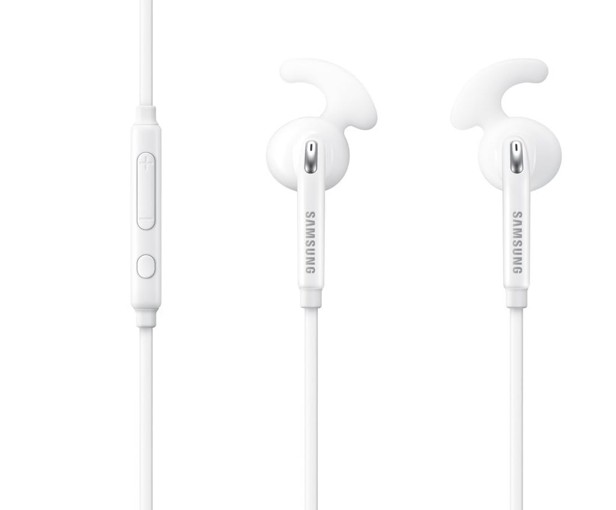
Pros:
- Secure fit design ensures they stay in place during active skiing.
- Clear and balanced sound quality.
- In-line remote and microphone for easy control without removing gloves.
- Durable and tangle-resistant cables.
Cons:
- Wired design may be less convenient for some users.
- Lacks advanced features like noise cancellation.
Compare prices on the Samsung Active InEar
The Samsung Active InEar headphones are suited for skiers who prefer reliability. Their secure fit design means they stay in place during even the most vigorous runs, and the sound quality is clear and well-balanced.
Designed for durability and featuring tangle-resistant cables, Samsung has engineered these headphones to endure the challenges of active skiing. Their in-line remote and microphone provide effortless control of music and calls, enabling you to keep your gloves on and your device safely tucked away in the cold.
While they are straightforward in their feature set, the Samsung Active InEar headphones offer skiers a practical and high-performing audio solution, making them our choice for the best wired in-ear solution for skiers.
Best Wired over-ear – Unigear Bombing Helmet Speakers
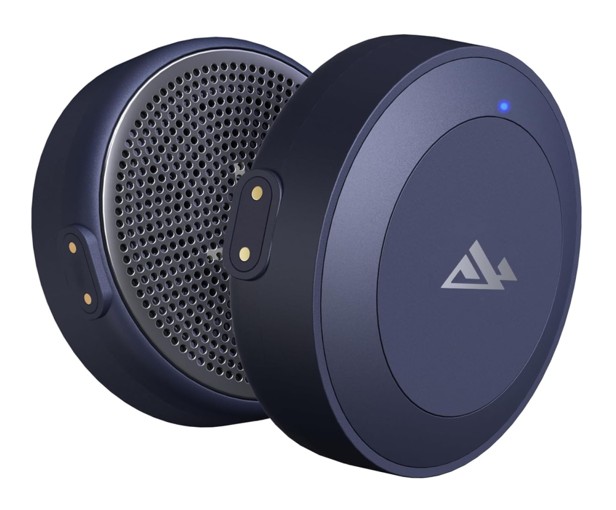
Pros:
- Designed to fit inside ski helmets for an integrated audio experience.
- Plug-and-play design simplifies usage without worrying about battery life.
- Durable construction designed for cold outdoor environments.
- Does not isolate from important ambient sounds, enhancing safety.
Cons:
- Sound quality may not match high-end headphones.
- Requires compatible helmet.
Compare prices on the Unigear Bombing Helmet Speakers
The Unigear Bombing Helmet Speakers are perfect for skiers who want to integrate high-quality sound directly into their skiing experience.
Designed to fit inside ski and snowboard helmets, these speakers provide clear and powerful sound without isolating you from important ambient sounds. Durable and engineered for the cold, with a plug-and-play design, the Unigear Bombing helmet speakers are both easy to use and reliable in all weather conditions.
Overall, the Unigear Helmet Speakers are an innovative solution for skiers, offering an immersive audio experience.
How to pick the right headphones for Skiing
Wireless vs. Wired Ski Headphones
One of the first things to consider when choosing headphone & earphones for skiing is whether you want them wireless or wired. Wireless headphones use Bluetooth to connect to your smartphone or other devices, while wired headphones have a cable that plugs into your device’s headphone jack.
Wireless headphones have the advantage of being more convenient and mobile, with no chance of getting tangled. This also gives you more freedom to move your head and body without affecting the sound quality. This freedom often comes at a cost, with lower sound quality, potential for unstable connections, battery life limitations, and higher price points than wired options.
Wired headphones, on the other hand, have the advantage of having better sound quality, no reliance on Bluetooth connections, longer, if not unlimited battery life, and often a lower price than wireless ones. They also don’t require pairing, so you can just plug and play. In contrast to wireless headphones, the higher sound quality comes at the price of having a less than convenient wire to maneuver, often reducing full range of motion.
This decision is based on whether your preference is for higher sound quality (wired options) or freedom and mobility (wireless).
In-ear vs. Over-ear Ski EarPhones
The next factor to consider when choosing headphones for skiing is whether you want them to be in-ear or over-ear. To state the obvious: In-ear earphones are inserted into your ear canal, while over-ear headphones go over your ears.
In-ear earphones have the advantage of being more discreet and lightweight and don’t add any bulk to your head. They have better noise isolation, blocking out most of the ambient noise around you. However, in-ear earphones have some drawbacks, such as falling out easily or causing discomfort. They may also not fit well under helmets or block out too much ambient noise, which can be dangerous on the slopes.
Over-ear headphones have the advantage of being more secure and comfortable, as they stay in place and cushion your ears. They are bulkier but, in return, offer better sound quality, with more bass and volume. One of the main drawbacks is compatibility with your ski gear; they only work with some helmet types, and there’s potential to interfere with your goggles and headgear.
The decisions here are whether you want:
A small, lightweight option that blocks out ambient sounds but sacrifices some sound quality (in-ear options)
Or a better sound quality that lets in more ambient noise at the cost of being bulkier (over-ear options)
Features and Functions
The last thing to consider when choosing headphones for skiing is their features and functionality.
Popular features include:
Noise cancellation to reduce the amount of ambient noise that reaches your ears, enhancing your music experience.
Water resistance to protect your headphones from moisture, sweat, rain, or snow. Useful for skiers who want to keep their headphones working in any weather conditions
Voice control to adjust volume, change tracks, and answer calls. This can be extremely useful when skiing, when your hands are in gloves, and when your phone is zipped away in a pocket.
Communication capabilities such as a built-in microphone to communicate with friends, family and other skiers in your group.

